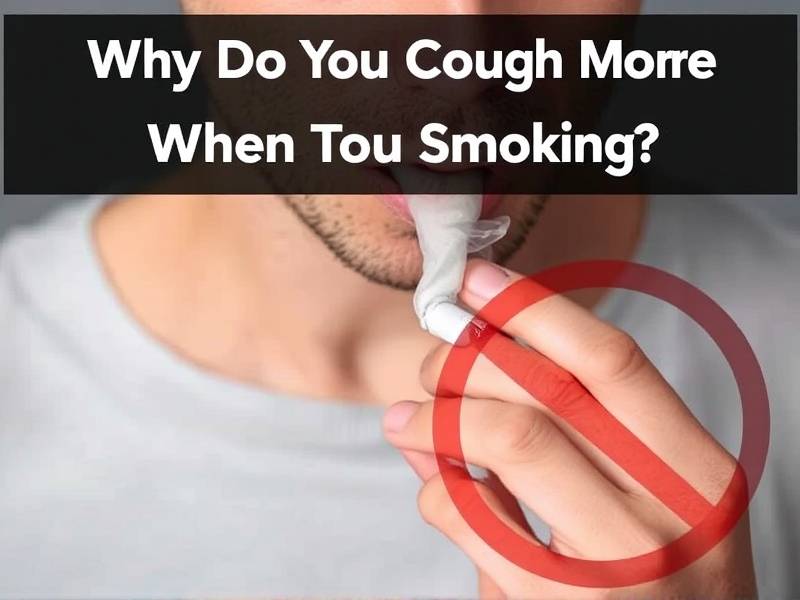Why Do You Cough More When You Quit Smoking?
The Surprising Increase in Coughing: Why Quitters Experience More Phlegm
Subheading: Understanding the Link Between Smoking Cessation and Increased Coughing
Have you ever wondered why you seem to cough more frequently after quitting smoking? This article delves into the science behind this phenomenon, offering insights into how the body responds to the absence of tobacco smoke.

The Immediate Impact of Quitting Smoking
When you quit smoking, your body begins to heal almost immediately. One of the first changes you might notice is an increase in coughing. This is due to several factors:
-
Respiratory System Clean-up: For years, your lungs have been subjected to the harmful chemicals present in cigarette smoke. Quitting smoking allows your respiratory system to start cleaning itself. As a result, mucus and trapped particles are dislodged and begin to be expelled through coughing.
-
Increased Oxygen Flow: Without nicotine constricting your blood vessels, oxygen flow improves. This increased oxygen can stimulate cough reflexes as your body adjusts.
The Role of Nicotine Withdrawal

Nicotine withdrawal can also contribute to an increase in coughing:
-
Bronchial Constriction: Nicotine causes bronchial constriction, which makes it harder for mucus to clear from the lungs. When you quit smoking, this constriction relaxes, leading to more mucus production and subsequent coughing.
-
Increased Sensitivity: Your respiratory tract becomes more sensitive when exposed to irritants after quitting smoking. Even everyday substances like dust or pollen can trigger a cough reflex.
Long-Term Effects and Strategies
Over time, as your body continues to heal from years of smoking damage, the frequency of coughing should decrease. Here are some strategies that may help manage increased coughing during this period:
-
Stay Hydrated: Drinking plenty of fluids helps thin mucus and make it easier for your body to expel it.
-
Use Saltwater Gargles: A warm saltwater gargle can help soothe a sore throat and reduce phlegm production.
-
Exercise Regularly: Physical activity promotes lung function and helps clear out mucus.
Conclusion
The increase in coughing when you quit smoking is a temporary but significant part of the healing process. Understanding why this happens can empower you with knowledge and tools for managing it effectively. Remember that every breath you take post-quitting is a step towards improved health—both physically and emotionally.
By addressing the immediate impacts of quitting smoking and managing nicotine withdrawal symptoms, you'll find yourself on a path towards better lung health and fewer episodes of咳嗽 (coughing). Stay committed, stay informed, and celebrate each day as a victory over tobacco's hold on your life.
